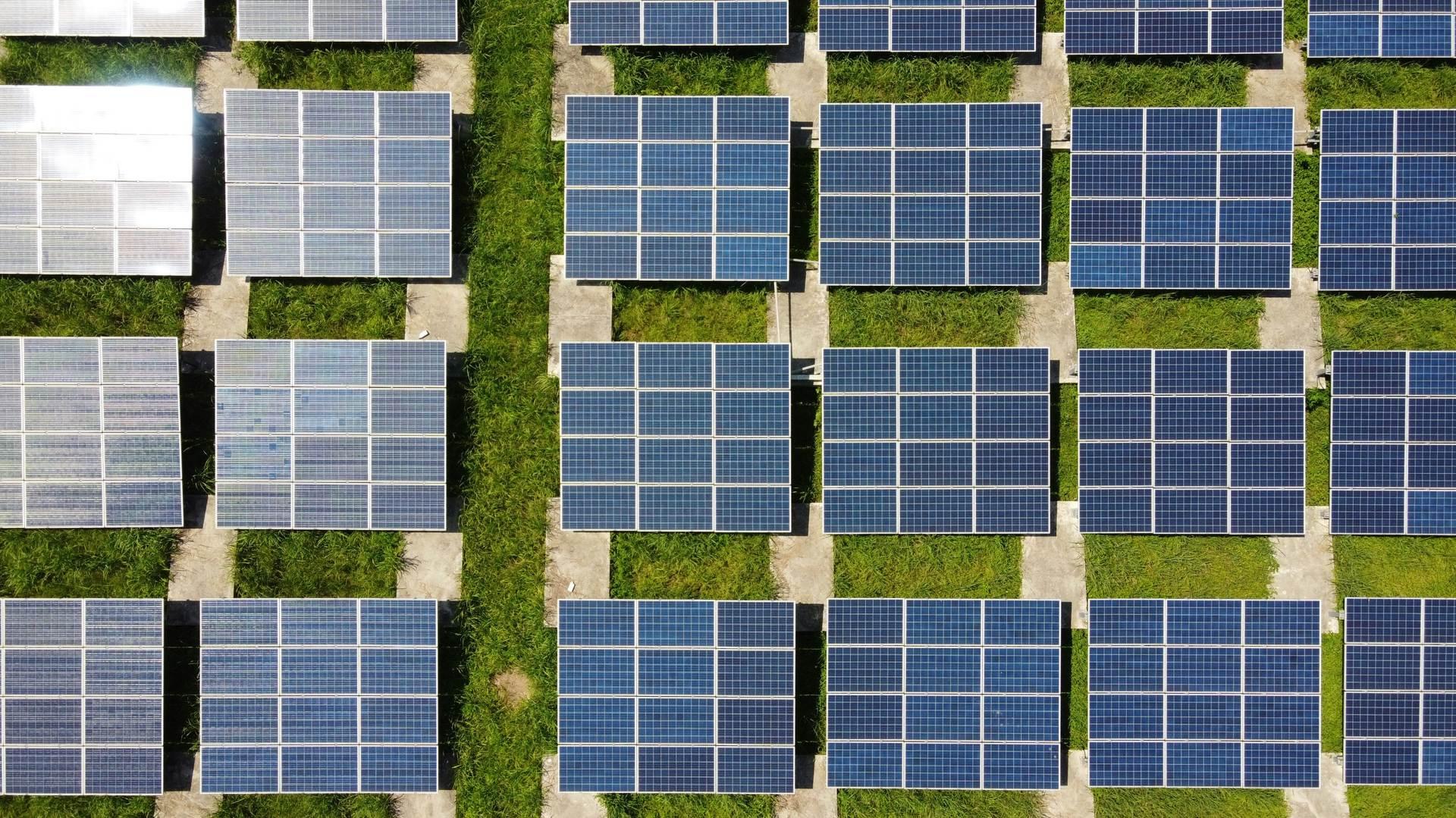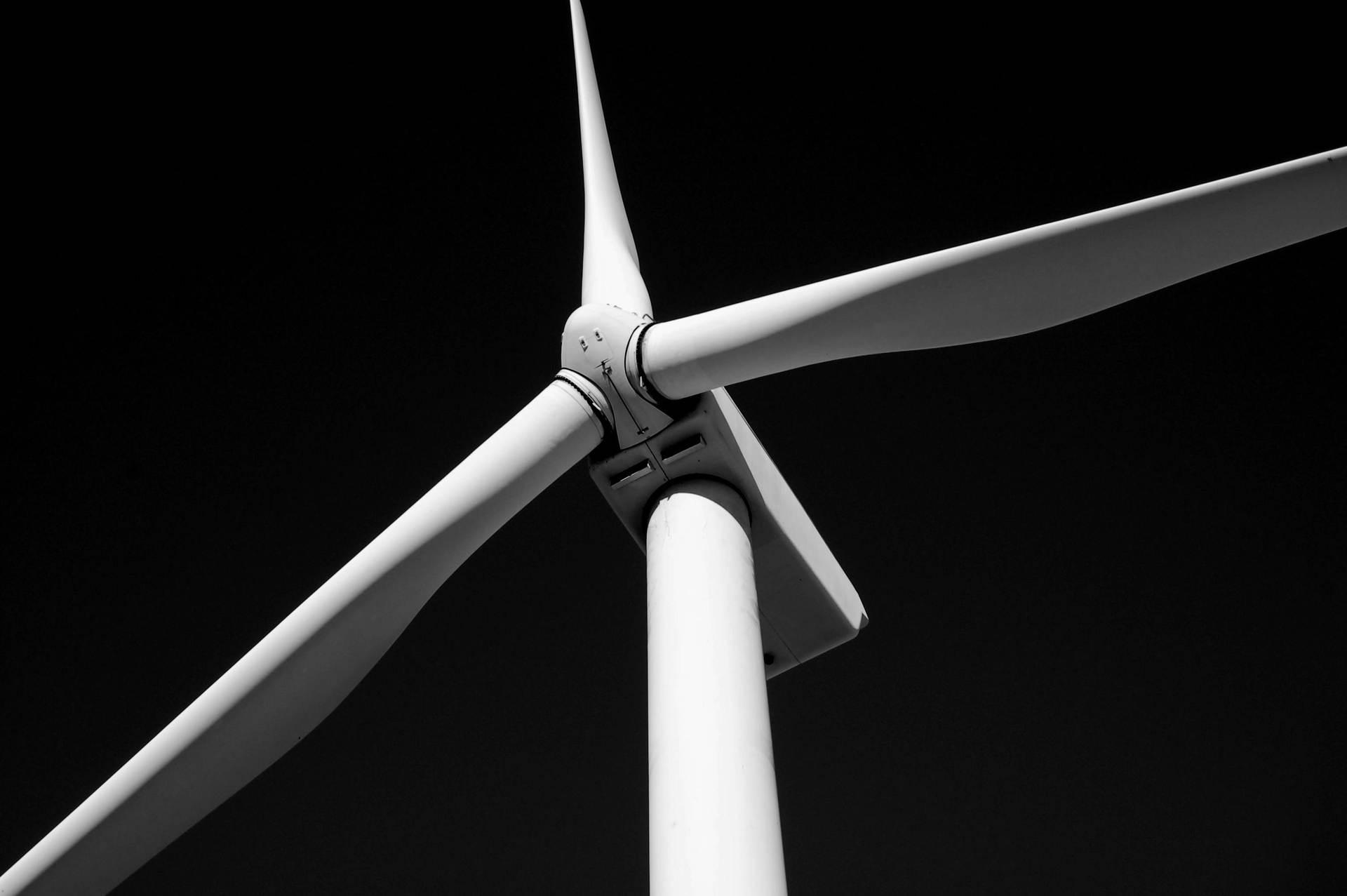In a groundbreaking development for renewable energy, wind and solar power have surpassed fossil fuels in electricity generation across the European Union during the first half of 2024.
This marks a significant turning point in the EU’s energy generation and highlights the rapid progress of renewable energy adoption.
The shift in power generation
According to a recent analysis by Ember, an independent energy think tank, wind and solar energy contributed an unprecedented 30% of the EU’s electricity in the first six months of 2024. This impressive figure outpaced fossil fuels, which accounted for 27% of the electricity mix, representing a 17% decline from previous periods.
The shift occurred despite a 0.7% increase in electricity demand compared to 2023, attributed to economic recovery and the ongoing gas price crisis. Remarkably, coal usage saw a sharp 24% decrease, while gas consumption fell by 14%.

Several key factors contributed to this historic shift:
- Record-breaking capacity additions for both wind and solar in 2023
- Accelerated policies to reduce reliance on gas imports following Russia’s invasion of Ukraine
- Mild weather conditions
- Improved hydroelectric performance
Dr. Chris Rosslowe, an analyst at Ember, noted,
“We are witnessing a historic shift in the power sector, and it is happening rapidly”
The transition to renewable energy is evident across the EU, with thirteen Member States now generating more electricity from wind and solar than from fossil fuels. Germany, Belgium, Hungary, and the Netherlands achieved this milestone for the first time in 2024.
Notable achievements
- Spain: Over 50% of electricity generation from wind and solar in May 2024
- Poland: One-third of generation from wind and solar, a first for the country
- Hungary: Consecutive monthly records for solar generation in April, May, and June 2024

Looking ahead
The EU’s commitment to renewable energy is expected to strengthen further under the continued leadership of Ursula von der Leyen as president of the European Commission. This shift not only represents a massive step towards reducing carbon emissions but also enhances energy security across the continent. Taking AI’s growing hunger for energy into account, this is especially important.
As wind and solar power continue to grow, the role of fossil fuels in electricity generation is likely to diminish further. This trend sets a powerful example for other regions and underscores the viability of renewable energy as a primary source of electricity in modern economies.
The first half of 2024 will be remembered as a pivotal moment in the EU’s energy transition, marking the beginning of a new era where clean, renewable sources dominate the electricity mix. As technology advances and policies evolve, the future of energy in the EU looks increasingly green and sustainable.
Featured image credit: Thomas Richter/Unsplash






